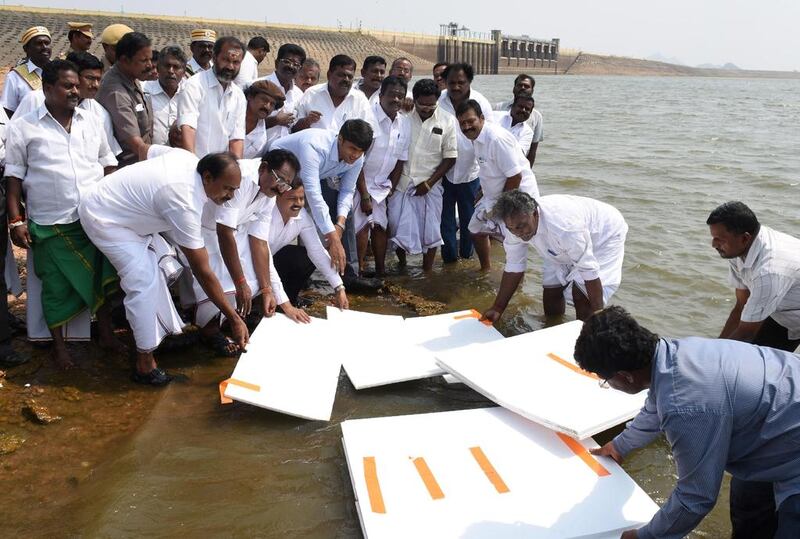As part of Ethiopia’s plans to assert its influence on the African continent, the country is getting ready to deliver a major new hydroelectric project on the Nile. The project could transform the east African country into an energy exporter and bolster Addis Ababa’s regional prowess. There is only one drawback and it is a big one. The project is predicated on a major dam that will curtail the flow of the Nile’s waters downstream into Egypt and Sudan.
Receiving more than 60 per cent of its water supply from the Nile, Egypt is increasingly anxious about Ethiopia's plans to use the river for its hydroelectric projects. While Cairo and Addis Ababa have signed a mutual "do-no-harm" pact, it is not clear if cool heads will continue to prevail should the river start to go dry. In a region long associated with drought and famine, can leaders reach an equitable solution to the world's most precious resource?
The deliberations will be closely followed by outside observers because this issue affects the entire planet. After years of significant drought, the state of California enjoyed one of its wettest winters on record this year. Previously bone-dry dams are now overflowing, which has given researchers the opportunity to experiment with water-saving measures, including the use of physical items placed on the surface of the water that reduce the rate of water evaporation.
This idea was recently put to the test in the Indian state of Tamil Nadu with less than happy results. At the behest of an Indian politician, polystyrene sheets were placed on the water in a dam – only to fly away in the wind. Footage of the incident spread like wildfire on the internet but the politician is correct in underlining the need for everyone to start thinking outside of box to solve the issue of water security.
The reservoir created by Ethiopia’s dam could take up to 15 years to reach capacity. In that time, Ethiopia and its neighbours must reach an agreement on sharing the Nile’s precious resource that ensures the needs of Egypt and Sudan continue to be met. If the agreement is successful, it could be a blueprint for handling future disagreements over water around the world. Safeguarding water resources will require broad political, cultural and social cooperation across borders and regions. No one is exempt from this challenge.





